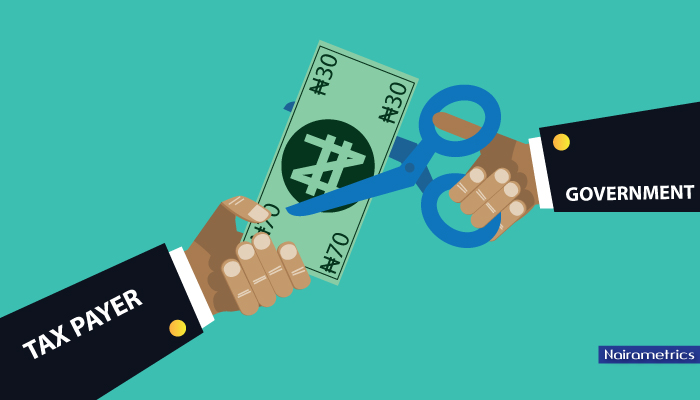New Update
Subsequent to our recent tax alert on the ongoing tax amnesty, we have received further update from the FIRS regarding eligibility for the waiver.
The initial position of the FIRS that the amnesty was applicable only to taxpayers who have been audited and issued assessments has now been revised to cover voluntary disclosures and self assessments. This revised position is more consistent with the content of the FIRS Public Notice on the subject matter and the general intent of a tax amnesty.
Prior to seeking our initial clarification, some FIRS officials in various offices had informed us that the amnesty was only applicable to taxpayers who have assessments from FIRS, and this was specifically confirmed by the Office of the FIRS Chairman.
In view of the latest update, taxpayers who wish to make voluntarily disclosure should go ahead provided that all other conditions stated in the FIRS Public Notice and articulated in our tax alert have been met. The position of the FIRS on other issues relating to the amnesty remain unchanged at this time.
On 5th October 2016, the FIRS declared a 45-day tax amnesty on penalties and interest regarding outstanding tax liabilities for the years 2013 to 2015.
Following the declaration, a number of questions arose on the amnesty including eligibility, scope and the process involved. We therefore sought and have now obtained clarifications on the grey areas. These include:
This is an update to the article below (earlier published Nov 4, 2016)
Period covered: The amnesty covers 2013 to 2015 financial years (not years of assessment). Pre-2013 and post 2015 years are not covered.
Eligibility: Only taxpayers with established tax liabilities on which assessments have been issued are eligible. Those not yet audited or still undergoing audit are not eligible, and no refunds or credits will be granted for penalties and interest already paid for the specified period.
Relevance to Companies Income Tax (CIT): Given the judgement in the Weatherford case, the amnesty will apply to any interest or penalty imposed after the due date for payment of principal liability. Also taxpayers can benefit from paying the principal tax in installments.
Mode of application: Taxpayers should apply to the Office of the Executive Chairman, Revenue House, Abuja. Applications can also be submitted at Local Tax Offices for collation and delivery to Abuja. All taxpayers who meet stated conditions will be granted the amnesty.
Possible extension and future reintroduction: There is no plan to extend the 45-day window or to re-introduce the amnesty programme in the near future. It is a one-off programme and FIRS will intensify its enforcement activities once the amnesty is over.
Filing penalties: Given the requirement to pay at least 25% of principal tax to qualify for the amnesty, it is still not clear whether the FIRS will waive late or non-filing penalty where no principal tax is due.
Takeaways from this clarification.
The clarification provides further guidance on the applicability of the amnesty programme especially regarding some of the grey areas in the Public Notice on the amnesty. However, the clarification shows that the scope of the amnesty is more restrictive than taxpayers initially envisaged.
Any taxpayers undergoing audits for the relevant years and those intending to carry out self reviews are excluded. To achieve the key objectives of a tax amnesty, which include encouraging voluntary compliance, and expanding the tax net, the FIRS should review the eligibility criteria to cover voluntary disclosures. Also, the period covered and the amnesty window should be extended. In the meantime, taxpayers are advised to comply strictly with the stated conditions.











